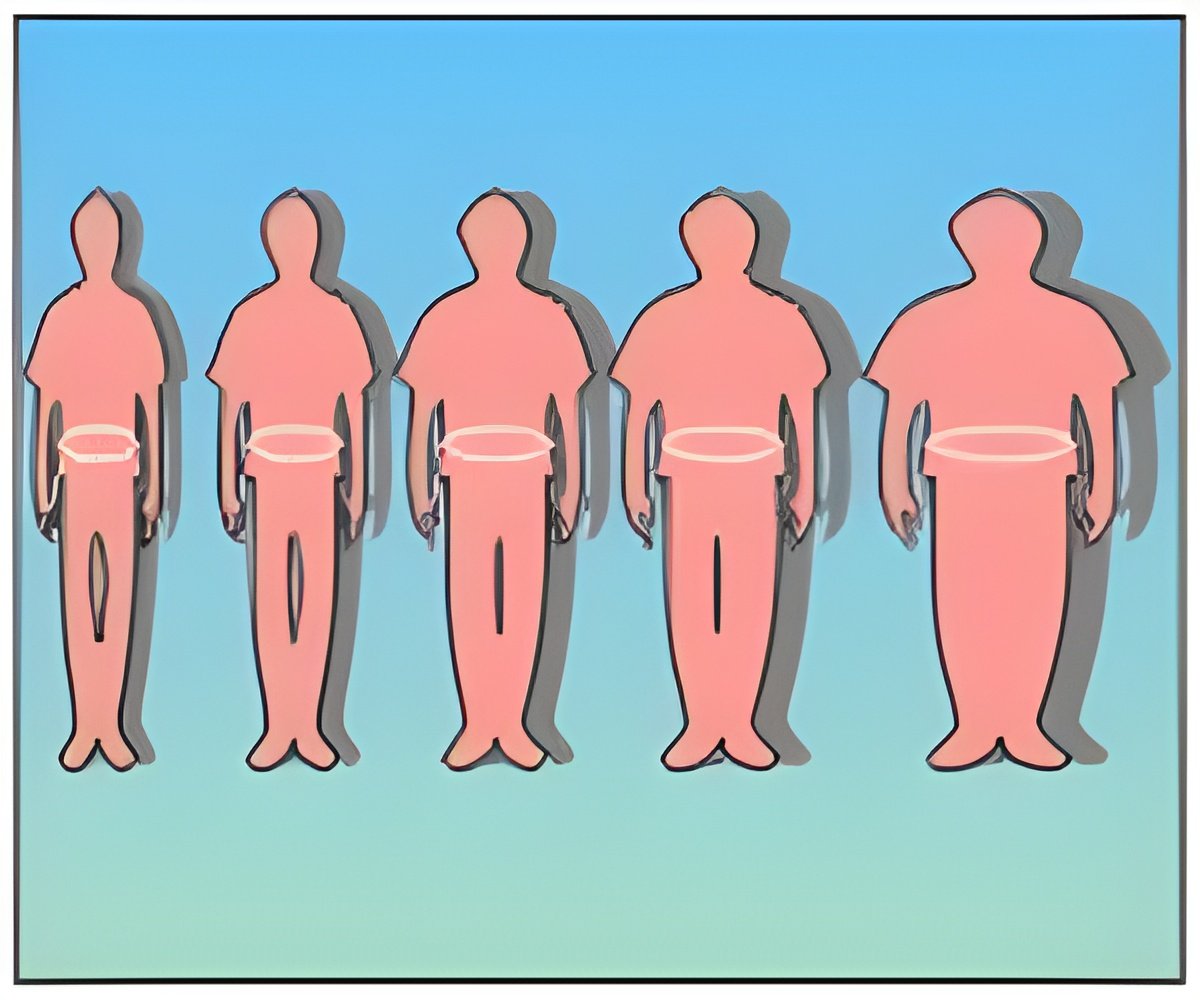Fructose-fed mice displayed significantly increased body weight, liver mass, and fat mass in comparison to the glucose-fed mice.

Fructose, a simple carbohydrate derived from fruit and vegetables, has been on the increase in American diets because of the addition of high-fructose corn syrup to many soft drinks and processed baked goods in the last 40 years. Fructose currently accounts for 10% of caloric intake for US citizens.
Lead author Catarina Rendeiro from Beckman Institute for Advanced Science and Technology at the University of Illinois said that people are not only consuming more fructose through their diets, but also, consuming more calories in general. One of the important questions is whether an increase in fructose intake contributes to obesity in the absence of excessive calorie intake.
The important thing to note in the study is that animals in both experimental groups had the usual intake of calories for a mouse. They were not eating more than they should, and both groups had exactly the same amount of calories deriving from sugar, the only difference was the type of sugar, either fructose or glucose.
The results showed that the fructose-fed mice displayed significantly increased body weight, liver mass, and fat mass in comparison to the glucose-fed mice.
The study was published in Scientific Reports.
Source-Medindia
 MEDINDIA
MEDINDIA




 Email
Email










